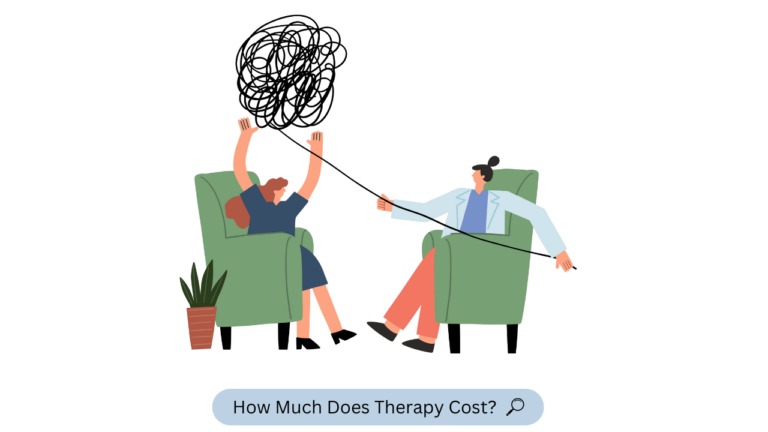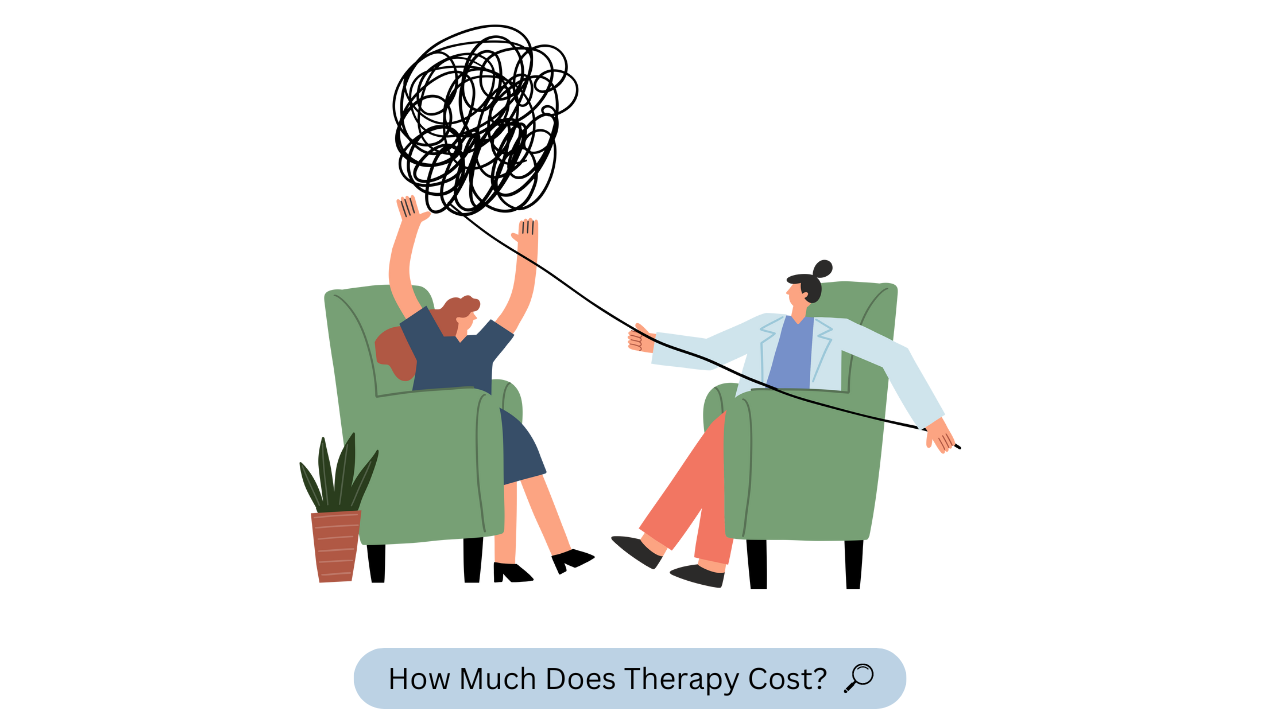
How Much Does Therapy Cost: A Comprehensive Guide
Therapy can be a helpful tool for individuals who are experiencing mental health concerns, relationship issues, or other life stressors. However, one major consideration for many people is the cost of therapy. The cost of therapy can vary widely depending on a variety of factors, including the type of therapy, the location of the therapist, and the therapist’s level of experience and expertise.
For many individuals, the cost of therapy can be a significant barrier to accessing care. While some individuals may have insurance that covers therapy, others may need to pay out of pocket. Additionally, some individuals may not have insurance at all, making the cost of therapy even more prohibitive. Despite these challenges, there are options available for individuals who are seeking therapy but are concerned about the cost.
Average Costs of Therapy
By Type of Therapy
The cost of therapy varies depending on the type of therapy one chooses. The most common types of therapy are individual therapy, couples therapy, and family therapy. Individual therapy is the most affordable option, with costs ranging from $50 to $250 per session. Couples therapy and family therapy are more expensive, with costs ranging from $75 to $300 per session. The cost of group therapy is usually lower than individual therapy, with costs ranging from $20 to $50 per session.
Insurance vs. Out-of-Pocket
The cost of therapy can also vary depending on whether one uses insurance or pays out-of-pocket. If one has insurance, the cost of therapy may be covered partially or fully. However, insurance companies may have restrictions on the number of sessions covered and the type of therapy covered. Out-of-pocket costs for therapy range from $50 to $300 per session. Some therapists offer a sliding scale fee based on income, which can make therapy more affordable for those who cannot afford the full cost.
Online Therapy Pricing
Online therapy is becoming increasingly popular due to its convenience and accessibility. The cost of online therapy is typically lower than in-person therapy, with costs ranging from $30 to $150 per session. Some online therapy platforms offer a subscription-based model, where clients pay a monthly fee for access to a certain number of sessions.
In conclusion, therapy costs vary depending on the type of therapy, insurance coverage, and whether it is online or in-person. It is important to research and compare different therapy options to find the most affordable and effective option for one’s needs.
Factors Influencing Therapy Costs
Therapist’s Experience and Credentials
The experience and credentials of the therapist are significant factors that influence the cost of therapy. Therapists with more experience and advanced credentials typically charge higher rates than those who are less experienced or have fewer credentials. For example, a licensed psychologist with a Ph.D. will generally charge more than a licensed clinical social worker with a master’s degree.
Location and Cost of Living
The location of the therapist’s office and the cost of living in that area can also affect therapy costs. Therapists practicing in metropolitan areas or regions with a high cost of living may charge more than those practicing in rural or less expensive areas. Additionally, therapists who rent office space in expensive buildings or neighborhoods may pass on those costs to their clients.
Session Length and Frequency
The length and frequency of therapy sessions can also impact the overall cost of therapy. Longer sessions and more frequent sessions will generally cost more than shorter or less frequent sessions. For example, a therapist who charges $100 per hour-long session may charge $150 for a 90-minute session. Additionally, therapists who offer more frequent sessions, such as multiple sessions per week, may charge more than those who offer sessions once a week or less.
Overall, therapy costs can vary widely based on these factors and others. It’s important to discuss fees and payment options with your therapist before beginning treatment to ensure that you understand the costs and can make informed decisions about your care.
Ways to Reduce Therapy Costs
Sliding Scale Fees
One way to reduce therapy costs is to look for therapists who offer sliding scale fees. Sliding scale fees are based on a client’s ability to pay, and the therapist adjusts the fee accordingly. This means that individuals with lower incomes can pay less for therapy sessions. It is important to note that not all therapists offer sliding scale fees, and those who do may have limited availability.
Group Therapy Options
Another way to reduce therapy costs is to consider group therapy options. Group therapy can be a more affordable alternative to individual therapy sessions. In group therapy, individuals meet with a therapist and other group members to work on common issues. This can be a beneficial option for individuals who are comfortable sharing their experiences with others.
Non-Profit Organizations and Clinics
Non-profit organizations and clinics may also offer affordable therapy options. These organizations may have sliding scale fees or offer therapy services for free. It is important to do research and make sure that the organization is reputable and has qualified therapists.
Overall, there are several ways to reduce therapy costs, including looking for therapists who offer sliding scale fees, considering group therapy options, and researching non-profit organizations and clinics that offer affordable therapy services.
At Waterside Recovery Centers we pride ourselves on providing the top addiction treatment in Massachusetts. With a range of evidence-based, client-focused and individualized treatment offerings, we are able to provide the ideal support for those seeking recovery from substance addiction. Please feel free to reach out to our help line at anytime.
(833) 985-4234





